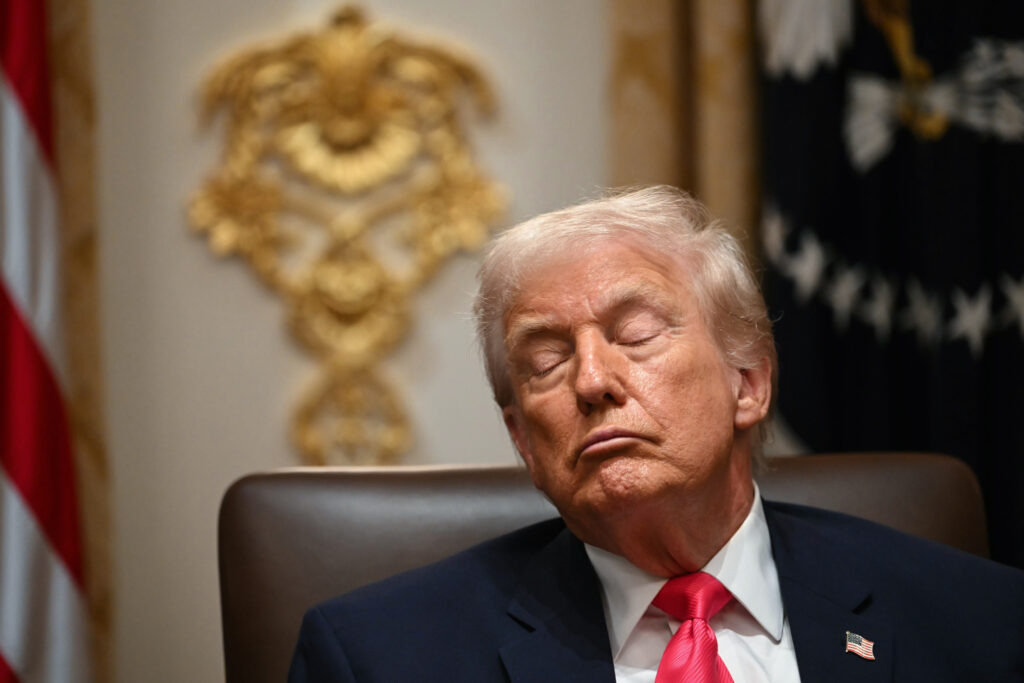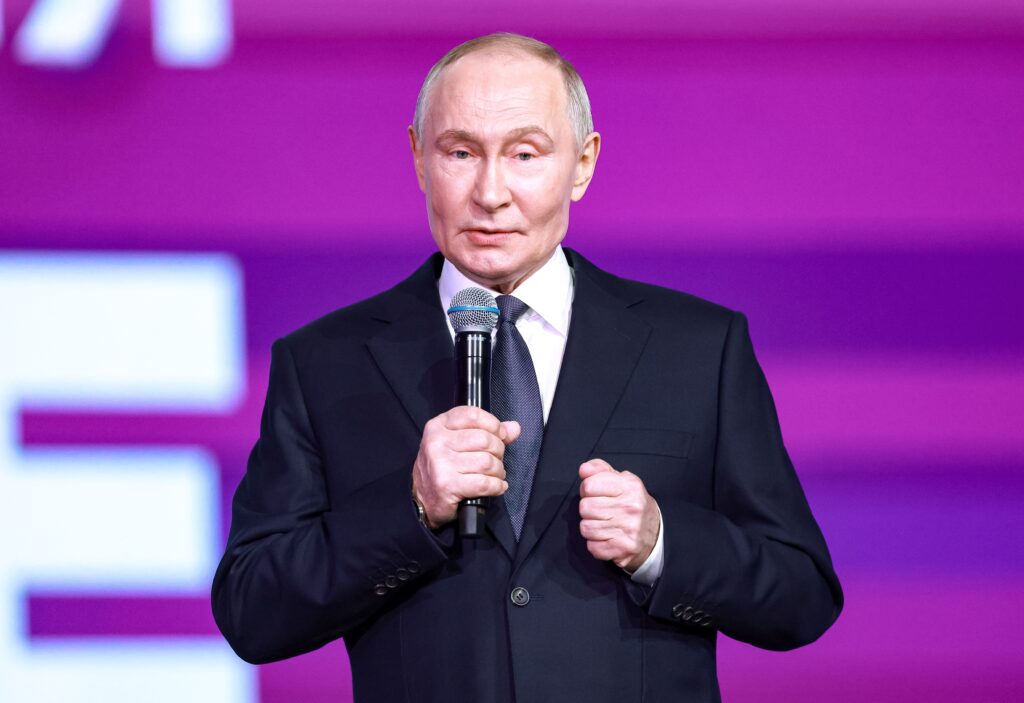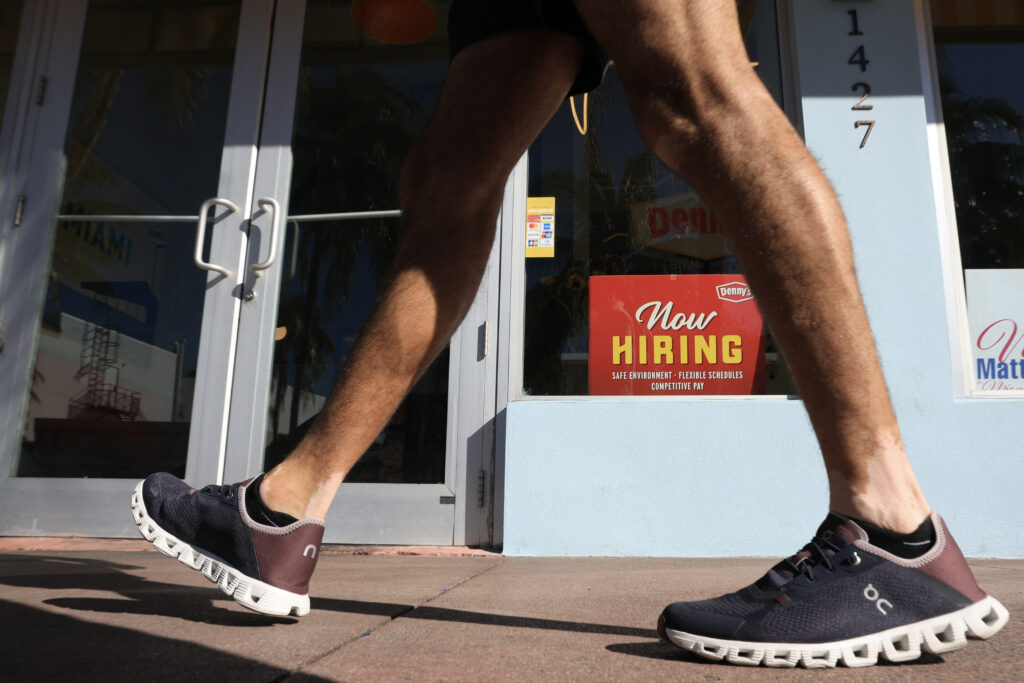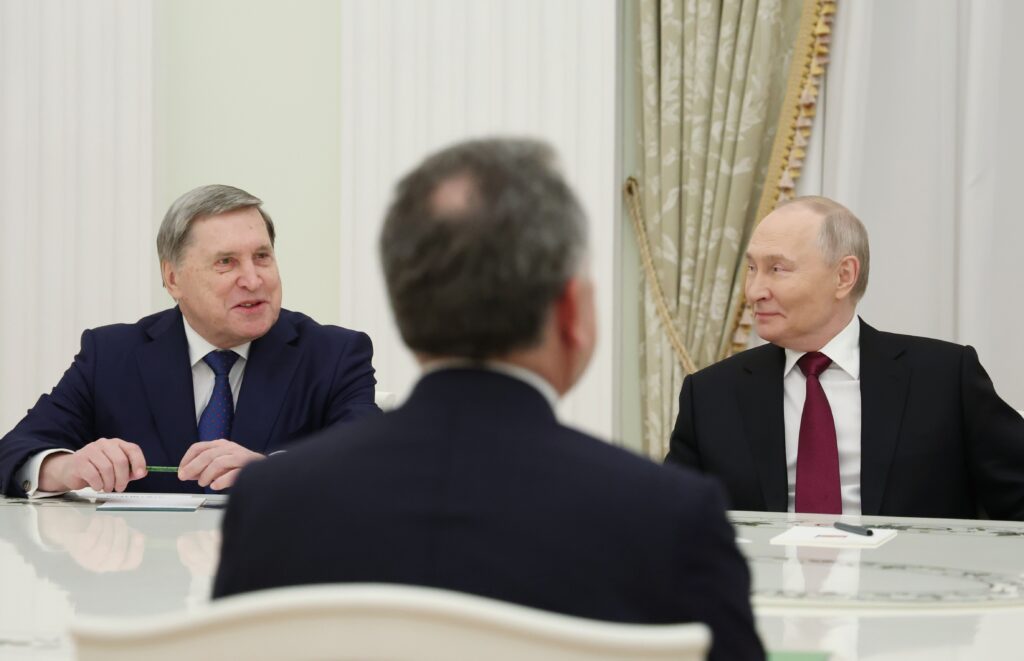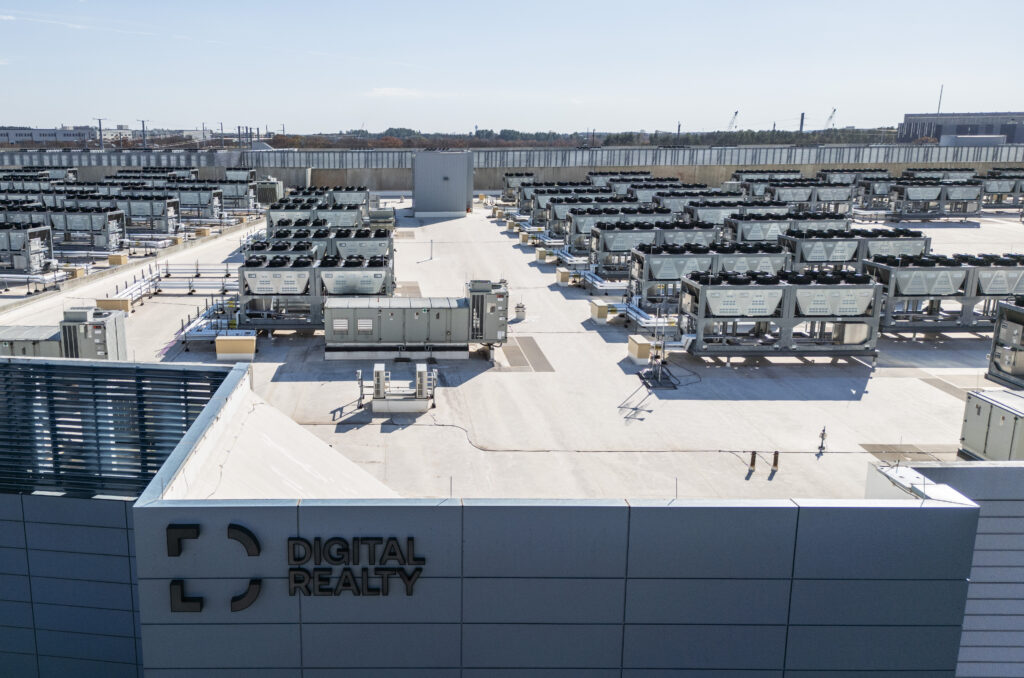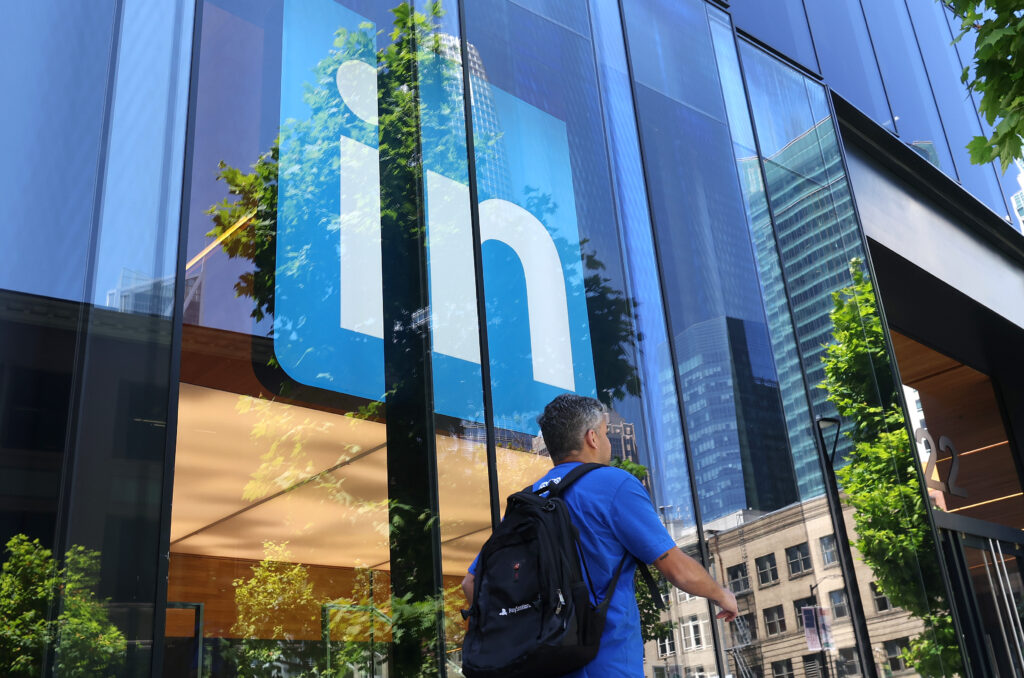Sleepy Don? Trump’s health under fresh scrutiny
He still mocks his predecessor as “Sleepy Joe” Biden. But it was Donald Trump who seemed to be fighting to stay awake at a cabinet meeting.The 79-year-old, the oldest man to be elected US president, repeatedly had his eyes closed as his top team took turns praising his leadership in front of the cameras.The incident put the Republican billionaire’s health under fresh scrutiny, even as he and his aides were pushing back against earlier speculation on the issue.The White House strongly rejected any suggestion that Trump was snoozing on Tuesday.”President Trump was listening attentively and running the entire three-hour marathon cabinet meeting,” Press Secretary Karoline Leavitt said in a statement to AFP on Wednesday.Leavitt highlighted Trump’s “amazing” answer at the end of the meeting when he raged against Somali immigrants.”This epic moment put an exclamation point on President Trump’s ninth Cabinet meeting of his second term — all of which have been entirely open to the press for the whole world to see.”- ‘Sharper than 25 years ago’ -In fact, at the start of Tuesday’s lengthy meeting, Trump had brushed off suggestions that he was running out of steam.”You always find something new, like, ‘is he in good health? Biden was great, but is Trump in good health?'” Trump said to reporters, branding them “crazy”.He repeated a familiar riff about how he “aced” a cognitive health test and said: “I’ll let you know when there’s something wrong. There’ll be some day that’s going to happen to all of us. But right now I think I’m sharper than I was 25 years ago.”But minutes later Trump could be seen closing his eyes for stretches of several seconds at a time as cabinet members listed the administration’s achievements on his first year back in power.He even appeared to do so as Secretary of State Marco Rubio, seated right next to him, described Trump as the “only leader in the world” who could help end the Ukraine war.All this came less than a month after Trump, who turns 80 in June, also appeared to close his eyes for a time during an event in the Oval Office on lowering drug prices. The focus on Trump’s health sharpened in late November after a New York Times article said he had sharply reduced his public events, domestic travel and working hours compared to his first term.- MRI test -Trump raged against the “hit piece” while Leavitt held up print-outs during a briefing this week of previous New York Times stories that she said had played down concerns over Biden’s health.The anger in the White House has been fueled by what they allege was a media cover-up of Democrat Biden’s health while in office.Trump loves to contrast his vigor with that of Biden, who dropped out of the 2024 election at the age of 81 after a disastrous debate performance raised concerns about his age and acuity.But the health of US presidents is always a global concern, particularly given the punishing demands of the job, and now Trump’s is back in the spotlight.He faced mockery on late night TV over the cabinet meeting, with long-time critic Jimmy Kimmel running footage of Trump with his eyes closed on his show on US broadcaster ABC.”Tell us again how sleepy Joe is, will ya?” said Kimmel.Social media users also queried whether Trump was tired after a flurry of more than 160 late night and early morning Truth Social posts between Monday and Tuesday, although staffers are known to post some of his messages.Matters have not been helped by the fact that Trump has long faced criticism for limited transparency around his health.After questions about a second “annual” health check up in hospital in October featuring an MRI scan, his official doctor said this week that the “preventative” exam showed Trump was in “excellent” cardiovascular health.
